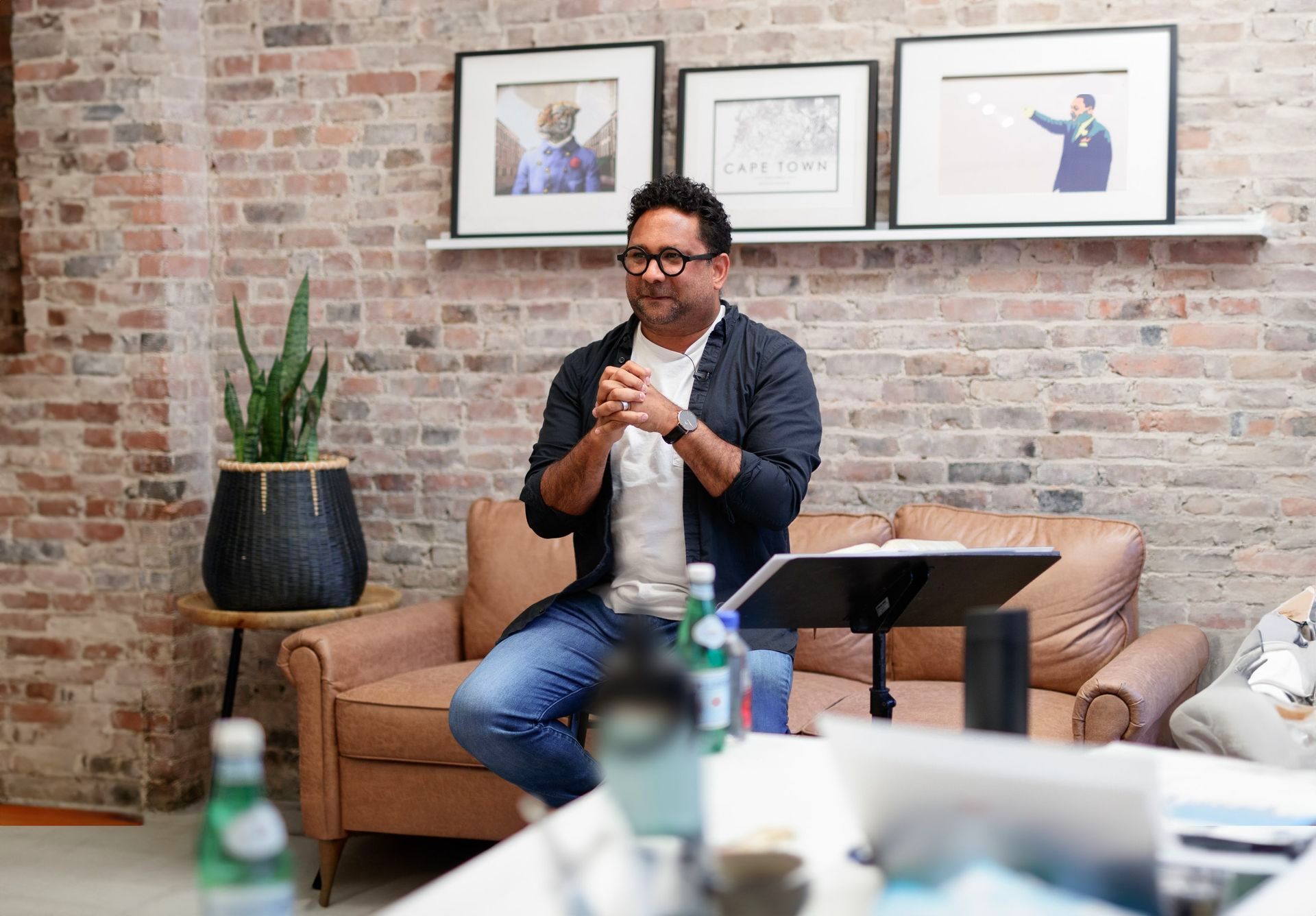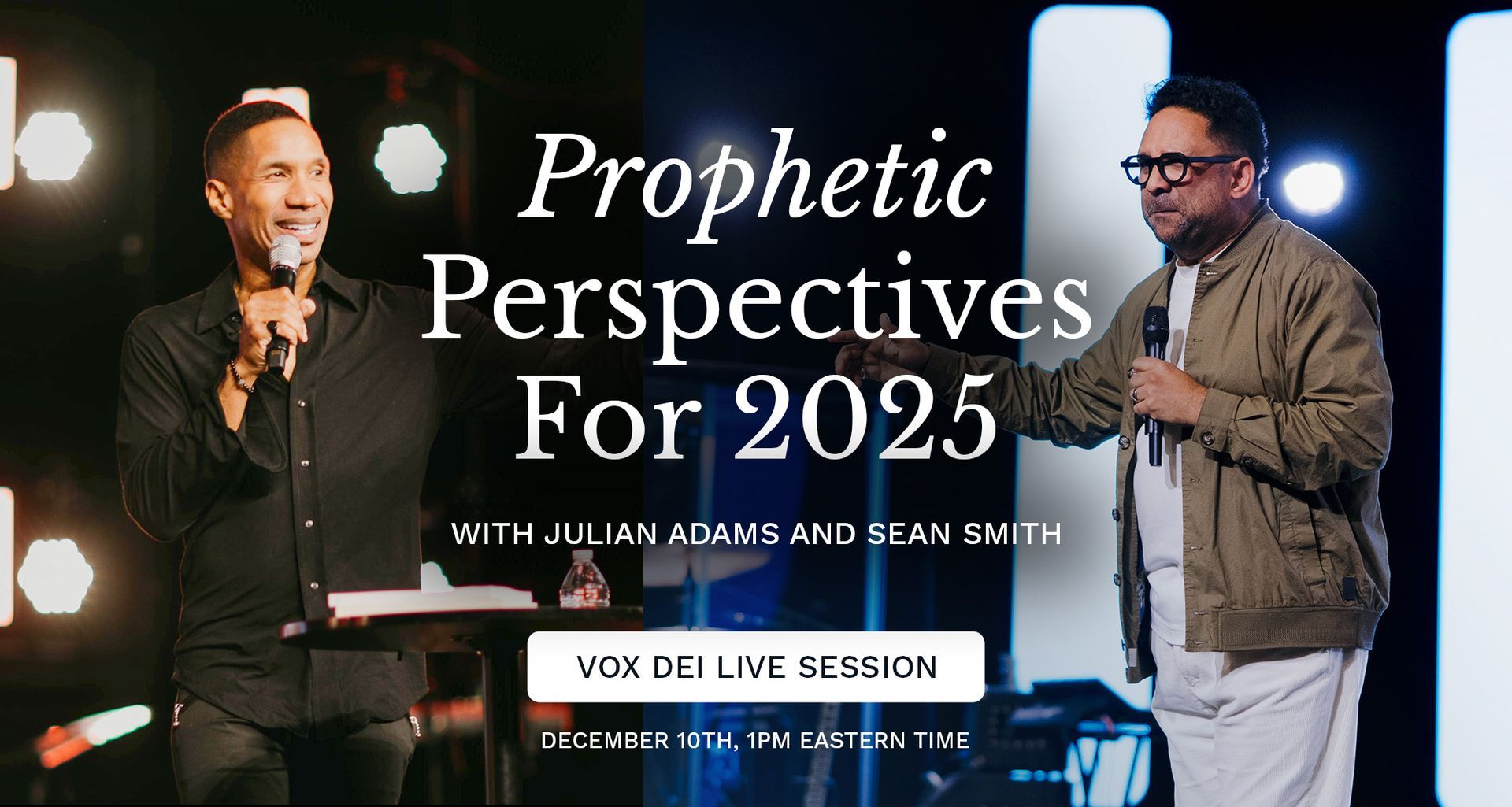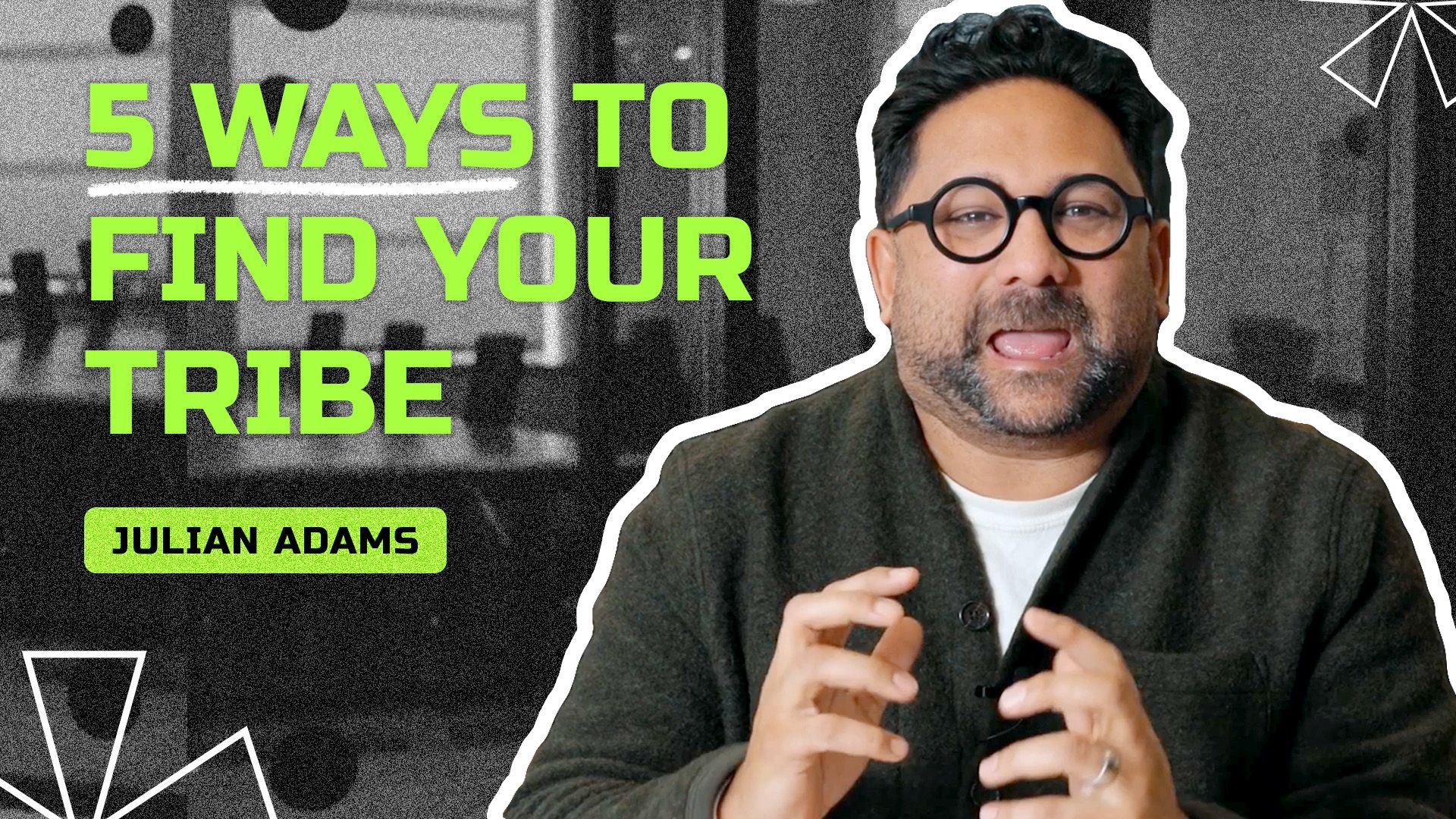Influence in the Age of Social Media
Julian Adams • April 30, 2020
Influence is a common topic in our modern society. Culture often defines success through materialistic or positional accomplishments, but I believe the kingdom has a different perspective. God often chooses the small insignificant things to influence change in the world.

We are living in a world of dramatic change. The relentless pace of development often leaves us breathless and exhausted. The demand for innovative ways of communicating, inventing, and staying ahead of cultural trends can feel daunting and demoralizing. It can push us into a space where we find ourselves trying to copy rather than be authentic, to imitate rather than create. This pressure can lead us to believe that we need to be more creative, and that our individual stories do not matter. But nothing could be further from the truth. Your story, no matter how small, matters and is powerful. One of the remarkable aspects of ancient manuscripts, like the Bible, is that they tell the stories of individuals whose lives may seem small and insignificant. Yet, God chose to make their lives a memorial of what He could do with a life that the world deems insignificant. The incredible power of the gospel is that it changes lives one at a time. God is as interested in the individual story as He is in redeeming the cosmos. The aim of the gospel is not just dealing with personal sin; it is about restoring individuals to a relationship with a kind Father. In his book Mere Christianity, C.S. Lewis beautifully said, "The Son of God became a man to enable men to become sons of God." Justification addresses our standing before God, but our adoption invites us into a relationship with the Father. It allows us to partake of who He is and to live in a place of deep joy from who He is. Romans 3:23 reminds us that "all have sinned and fall short of the glory of God." Many of us forget that the work of salvation has turned this verse around. Through Jesus, we have been restored to the glory of God. One description of the word "glory" refers to the divine quality, the unspoken manifestation of God, and splendor. It is the revelation of God's intrinsic worth and beauty. Do you see that? We have been restored to His divine quality, splendor, and beauty. In a world where it can be easy to feel like just another face in the crowd, remember that your story is significant. Your experiences, your journey, and your voice matter. Embrace the unique narrative God has given you and let it shine. You are not just a spectator; you are a vital participant in God's grand story. Your authenticity, creativity, and individuality are valuable. As you navigate the rapid changes of our world, hold on to the truth that your story has power and purpose. God sees you, knows you, and has a plan for your life that is uniquely yours. Let us celebrate the beauty and significance of each individual story, knowing that together, we contribute to a tapestry of divine splendor and glory.

Rejection is a powerful force that can shape the trajectory of our lives, often in ways we don't fully realize until much later. For me, this journey began in childhood. I was born with a cleft palate, which affected my ability to speak, and coupled with my passionate devotion to Jesus, I faced daily ridicule and rejection throughout my school years. My speech and my fervent faith made me a target, and I found myself isolated and misunderstood. Despite the rejection, something beautiful began to grow within me: a deep and abiding friendship with Jesus. Through profound encounters with the Lord, I began to walk in the prophetic. This newfound gift led me to public ministry, where I started releasing prophetic words. However, beneath the surface, I was carrying an immense amount of pain that I hadn't dealt with. This pain manifested as a lifestyle of performance, driven by the need for acceptance and validation. Though I was a new creation in Christ, I was living as if I were still bound by my old wounds. In Matthew 23:27-28 (MSG), Jesus describes the Pharisees as "manicured grave plots, grass clipped and the flowers bright, but six feet down it's all rotting bones and worm-eaten flesh. People look at you and think you're saints, but beneath the skin, you're total frauds." These words struck a chord with me because I realized I was living like a professional Pharisee. Outwardly, I appeared to have it all together, but inside, I was disconnected from the healing process that God wanted to take me through. This disconnect had a significant impact on my prophetic ministry. My words, especially those concerning sin, were often harsh and unkind, reflecting my damaged perspective of myself and the world. It wasn't until I began to address my heart issues that my approach to the prophetic truly changed. God started speaking to me about the connection between my gift, my performance, and my worth. Through this process, He took me back to moments of pain and difficulty from my childhood and even into my adult life. In one profound moment, God said to me, "Son, I want you to grow up and be a child." This statement might seem paradoxical, but it revealed a crucial truth: the posture of the kingdom is one of childlike fascination and trust. My journey into sonship transformed how I viewed the prophetic and how I ministered to others. No longer driven by judgment and legalism, I began to approach people with love, kindness, and the heart of the Father. Understanding my identity as a beloved child of God allowed me to see others through His eyes. This shift not only brought healing to my heart but also enabled me to minister more effectively and compassionately. Rejection and pain had shaped my early years, but God's love and healing power brought me to a place of wholeness. This journey has taught me that dealing with our heart issues is essential for authentic and impactful ministry. As we pursue wholeness, we open ourselves to deeper intimacy with God and greater effectiveness in serving His people. If you find yourself struggling with similar issues of rejection, pain, or performance, I encourage you to invite God into those wounded places. Allow Him to heal and transform you, just as He did for me. Embrace the posture of childlike wonder and trust, knowing that you are deeply loved and valued by your Heavenly Father. In this place of wholeness, you will find the freedom to live and minister authentically, reflecting the heart of God to a world in need.



